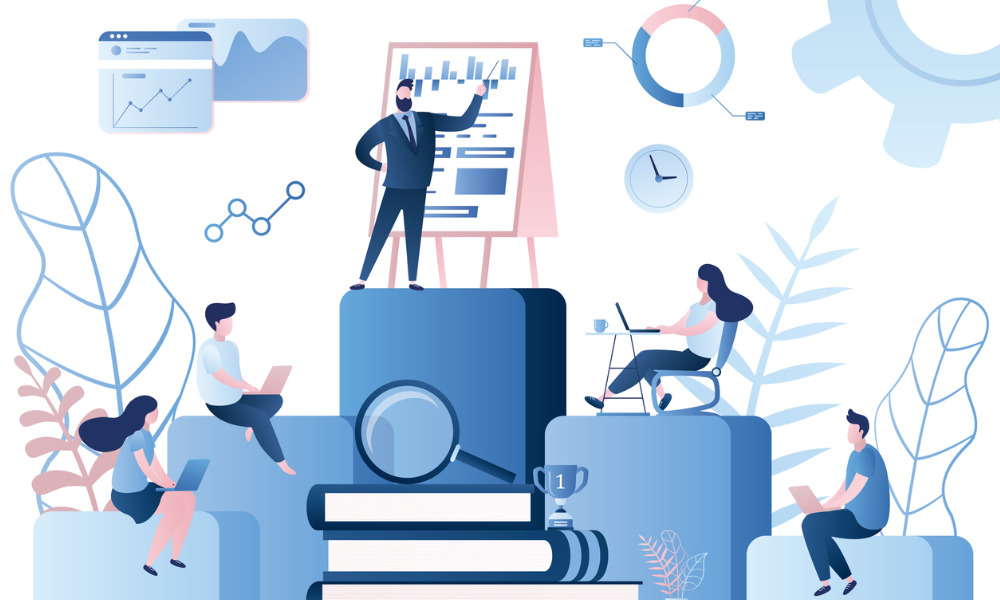But AI offers workers glimmer of hope, finds report

While many Canadian workers may have a desire to upskill for the future, those who are struggling financially may be left behind.
Specifically, just 50 per cent of those who struggle to pay bills are actively seeking out opportunities to develop new skills, compared to 62 per cent of those who can pay their bills comfortably, reports PwC Management Services.
Workers who are more financially secure are also more likely to seek feedback at work and use it to improve their performance (57 per cent) than those who are struggling financially (45 per cent).
The proportion of the global workforce who said they have money left over at the end of the month has fallen to 38 per cent, down from 47 per cent last year. Over two in five (42 per cent) Canadian employees say that while their household can pay its bills, they have nothing left over for savings. Another 14 per cent say their household struggles to pay its bills.
And one in five workers (21 per cent) now work multiple jobs, with 69 per cent doing so because they need additional income, finds PwC.
One in five Canadian employees is working a job that is at considerable risk of automation – also known as high-risk, low-mobility (HRLM) occupations – according to a report from The Conference Board of Canada.
How AI can help skills development
More than half (52 per cent) of employees globally expect to see some positive impact of AI on their career over the next five years, with nearly a third (31 per cent) saying it'll increase their productivity/efficiency at work.
Many workers (27 per cent) also view AI as an opportunity to learn new skills, finds PwC’s survey of 2,000 workers in Canada as well as almost 54,000 employees globally.
"In a world where CEOs know they need to transform their businesses to succeed, it is important to leverage the benefits of technology, supported by a plan to unlock the skills and talents of all workers. It is in no one's interest for businesses to chase the same group of skilled workers, while the rest of society gets left behind," says Kathy Parker, partner and National Workforce of the Future consulting leader, PwC Canada.
"We must be thoughtful in creating the right environment for employees. It is crucial to offer meaningful work, ways for them to connect in meaningful ways, along with ways to build future-proof skills."
One employer is using artificial intelligence to upskill their workers and keep them on board. Ontario-based Schneider Electric is using its AI-driven Open Talent Market (OTM) platform to match workers with projects and learning opportunities that interest them.
Improving employee development
Here are some tips to improve your employee development program, according to Virtual College, a U.K.-based provider of e-Learning training courses:
- Leverage online learning.
- Offer bespoke employee development plans that are tailored to the individual.
- Continuously train and upskill employees in relevant digital skills.
- Don’t neglect to include soft skills such as critical thinking, creativity, communication, collaboration, and social and cultural awareness.
- Make your employee development initiatives measurable.




